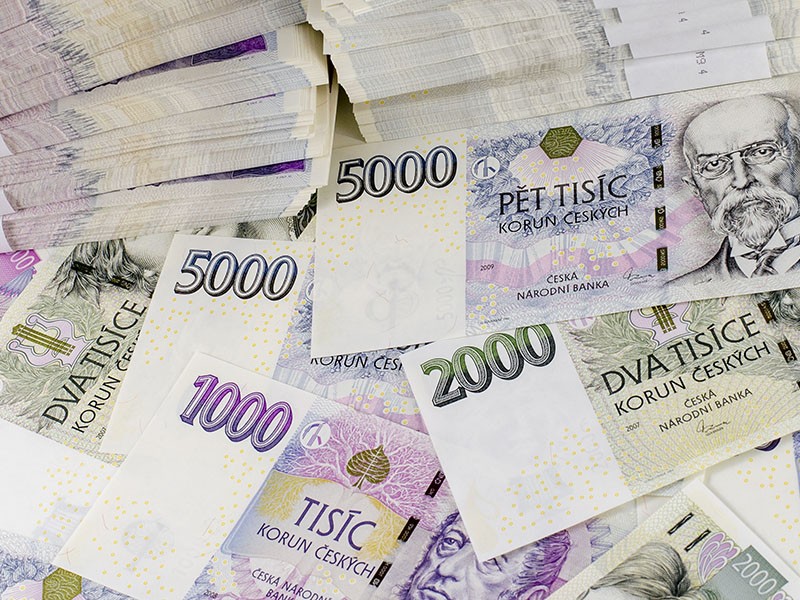Czech the republic is as indebted as ever in its history. In the second quarter of this year, its public debt reached the level of 2.26 trillion
crown. At the same time, it reached its highest level in the first quarter of 2017, when it amounted to 1.92 trillion. At that time, however, indebtedness grew only temporarily, due to investor speculation on strengthening crown after completion of exchange rate commitment
Czech National Bank and also due to the related extremely low interest rates, especially on short-term Czech debt. So the public debt eventually decreased quite significantly. For example, in the fourth quarter of 2018, it reached only 1.73 trillion crown.
In a year and a half, from the end of 2018 to the end of this year’s first half, the public debt of the Czech Republic increased by about 530 billion and its growth does not end. The reason for the growth is now more permanent factors than in 2017. The key cause of the enormous increase in the Czech Republic’s public debt is, of course, the impact of government anti-pandemic measures and the deterioration of the overall economic situation in our country and in the world as a result of the pandmic.
In relation to gross domestic product, the level of public debt in the second quarter remained just below the level of 40 percent that it was last above in 2015. Since then, the debt relative to HDP
managed to more or less reduce, until this year’s strike coronavirus crisis.
Lukáš Kovanda, Ph.D.
National Economic Council of the Government (NERV)
Chief Economist, Trinity Bank
TRINITY BANK
Trinity Bank has been operating on the financial market for 25 years and was established through the transformation of the Moravian Monetary Institute – a savings cooperative. It has almost 25,000 clients and its balance sheet total exceeds CZK 18 billion.
Trinity Bank specializes in private and corporate banking, with individuals focusing primarily on deposit and savings products that offer above-standard savings.
More information at : www.trinitybank.cz
–
–


